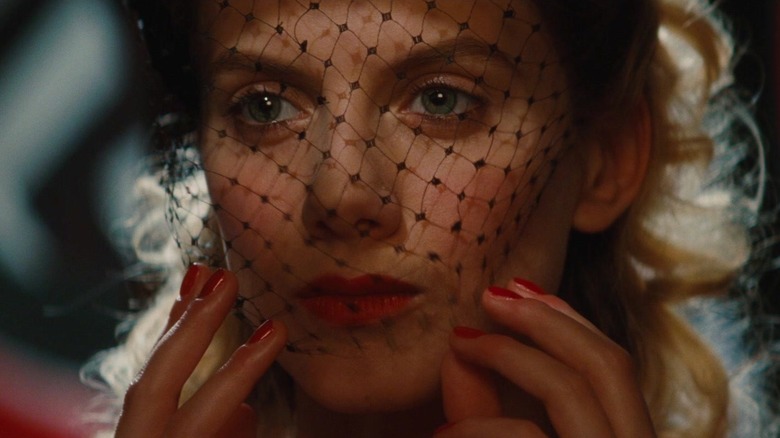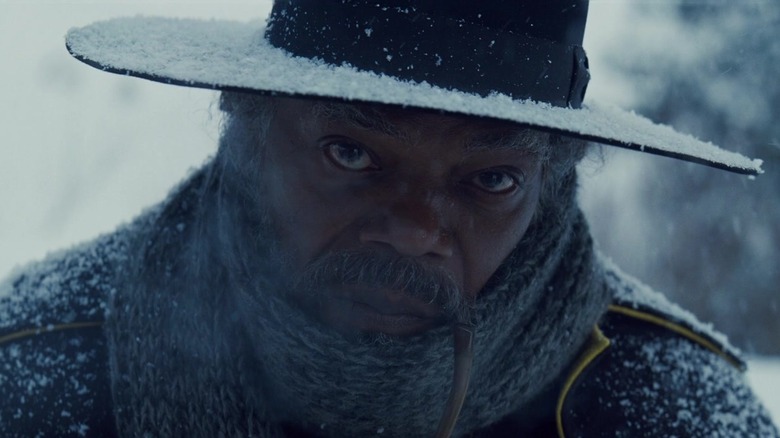
Recently, I was pondering a question: who is the most recently celebrated filmmaker who wasn't also a writer? This is a much more difficult question to answer than you might think. Think of all the great auteurs of today from Barry Jenkins to Céline Sciamma to Bong Joon-ho. They all write their own material. They may work with co-writers, but when it comes to the act of putting words on the page, they have to be involved. All five of the Oscar nominees for Best Director this year also wrote their films' screenplays.
While writer-directors are the norm today, they were a rarity prior to the New Hollywood era of filmmaking. Directing and screenwriting were isolated positions that the studios hired separately and signed to contracts. You basically had Preston Sturges, Charles Chaplin, and Billy Wilder, and that was kind of it. It wasn't until the prevalence of the auteur theory in the late 1950s and early 1960s that directors — who were ostensibly considered the authors of their films — took that a step further and became the ones generating all of the story material, not just shaping it.
Directing a screenplay you've written yourself often means what you're making is far more personal to you than it otherwise would be. You put the onus on yourself to make something great, and that requires an immense amount of time and craft to hone your ideas into something. Someone who certainly puts in that time is Quentin Tarantino, who makes something utterly singular every time, and for him, that all starts on the page. Though his visual flourishes are incredibly distinctive, it's all about serving the screenplay, and he wouldn't have it any other way.
'The Most Important Thing In My Life'

The quickest turnaround between movies for Quentin Tarantino was two years, between "Reservoir Dogs" and "Pulp Fiction. He was early in his career, cranking out scripts, not knowing if a career as a director was going to work out. It's one thing to write "True Romance" or "Natural Born Killers" and have another director take it to the finish line. It's another to devote years of your life to one story, but Tarantino needs that kind of devotion for him to see a project to the end. Speaking with Screenwriter's Monthly back in 2004, he explained why this has to be his process for moviemaking:
"The reality though is that once you become a writer-director, after you finish your next movie, if you're a writer-director, it's always start from scratch all over again. And you start the whole process all over again and you're going to get a little bit more precious about it each time ... I didn't want to spend all of that time on a movie set, all of that time in a mixing stage. I mean, it's fun, but if it ever gets to be too much, it can never be a job for me. It's got to be a calling. It's got to be the most important thing in my life."
That notion of a calling holds even more true considering Tarantino's often repeated claim that he will retire from directing after his tenth film, which would be his next. It's been four years since "Once Upon a Time ... in Hollywood," and we haven't heard anything about what that last film could be. Because it'll (supposedly) be his last, that call has to be stronger than ever. But it has to start with a blank page.
Read this next: 13 Tarantino Projects We Never Saw But Wish We Could've
The post Why Quentin Tarantino Is Dead-Set On Writing Every Film He Directs appeared first on /Film.
0 Comments